Food safety during travel: Enjoy you trip with safe food items - NutriSwasth
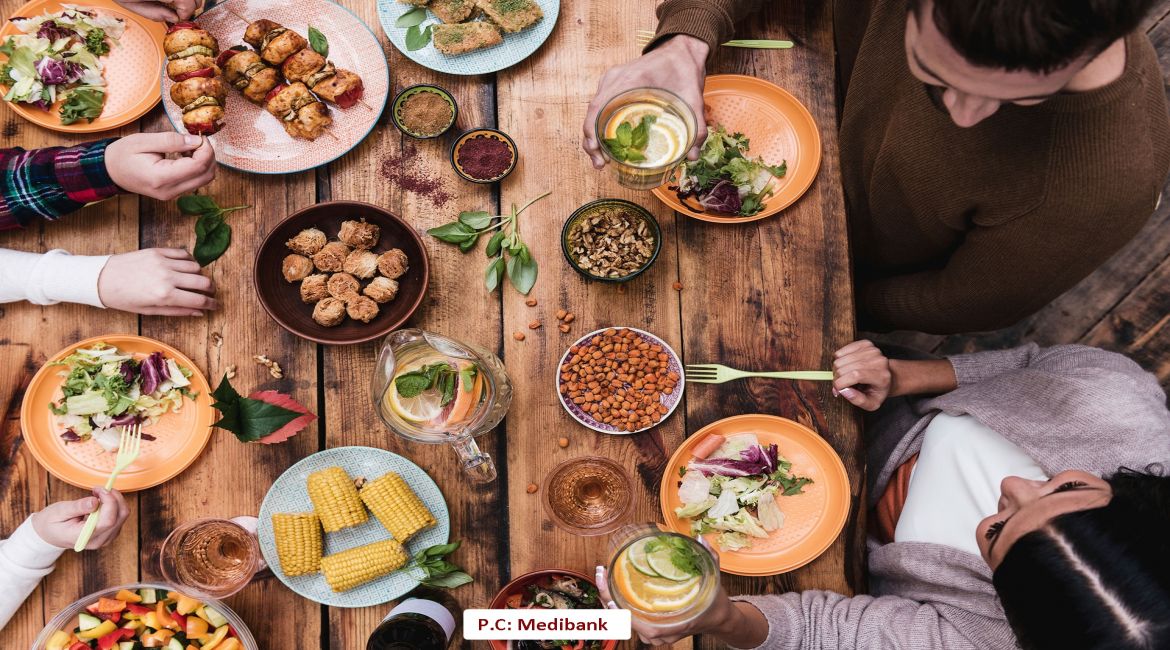
Traveling is an integral part of our life. We all need to travel from one place to another for a short time or a long time. There are many purposes of travel like for schooling, office work, business purpose even for tourism by different types of vehicles like bike, car, bus, train, plane, etc.
During travel, we all need to be aware of basic safety and security, right? Food safety is one of them. When we are traveling from one place to another, wherever we are going, we need to eat. Sometime it would be possible to carry some food from home especially when traveling for a short time or short distance. But when it’s about a long journey then we need to take readily available foods if we are traveling in public transport or dine at restaurants if traveling via private transport.
During these situations, we need to follow some precautions about choosing the correct food items and need to follow some rules to avoid health issues.
Let us discuss this briefly;
Most common health issues during travel
Traveler’s diarrhea:
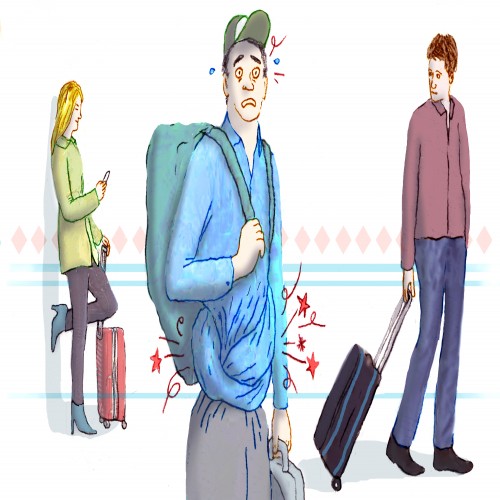
This is the most common health issue for travelers. When people travel from one place to another, they have some stress of travel or they may not be accustomed to the new food habits instantly or may possibly consume any food or water, which is contaminated by any infection agents like bacteria, viruses, parasites, etc.
Therefore, people need to be aware of food and water consumption. Otherwise, it may cause diarrhea. Abdominal cramp, nausea, vomiting, fever are the very common symptoms of it but this type of diarrhea is temporary. If you are not getting relief from it within several days then you need to consult with a doctor.
Dehydration:
Dehydration also a very common problem during travel. When people are traveling for a long distance (by train or flight) or a new place, dietary habits and fluid intake are often affected. Not only for a long journey, even in case of sort journey, sometimes people consume an insufficient amount of fluids, often to avoid going to toilets frequently.
All these are the possible reasons for dehydration along with headache, constipation, weakness, etc. Therefore, to avoid this condition take a sufficient amount of fluid when you are traveling.
Motion sickness:
.jpg)
Motion sickness is also a very common problem for many people. It is a condition that can happen during travel in hilly areas. It may also happen during a journey in vehicles like car, bus, train, boat, or even flight. For some people, it is specific to particular vehicles and for others, it may happen for all types of journeys. If you suffer from this type of conditions, you can try the following solutions:
-
You need to choose the right sit
-
If you feel nausea or vomiting then try to lie down if possible
-
Carry some dry food like puffed rice, rice flakes, etc. You can chew fennel seeds or ajwain or ginger pc, chewing gum, etc.
-
Take medicine before your journey
-
If you are in car or bus or train try to get fresh air if possible
-
Avoid heavy meals before the journey.
Constipation:
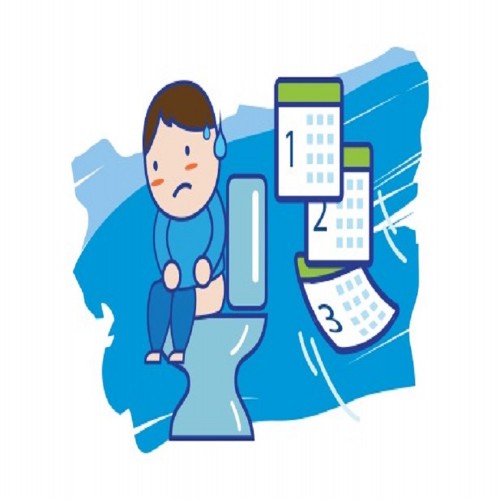 Constipation is also a common health issue which most of the travelers suffer due to their diet changes, lack of water consumption, the stress of travel, and even for the climate changes experienced during long travel. This type of constipation has temporary effects but if you are suffering from it continuously then you need to consult a doctor.
Constipation is also a common health issue which most of the travelers suffer due to their diet changes, lack of water consumption, the stress of travel, and even for the climate changes experienced during long travel. This type of constipation has temporary effects but if you are suffering from it continuously then you need to consult a doctor.
Fever, Vomiting, Nausea, Headache, etc. are some other common health issues, which many travelers suffer.
Best foods which you can carry for emergency purpose during travel:
-
In-car, bus, train, etc.: Mineral water, nuts, chocolate, popcorn, chips, cakes, cup-noodles, puffed-rice, chanachur, canned-fruits, some fruits (like guava, apple, banana, oranges, etc.), granola bar, instant tea or coffee, baby foods, etc.
-
In-flight:
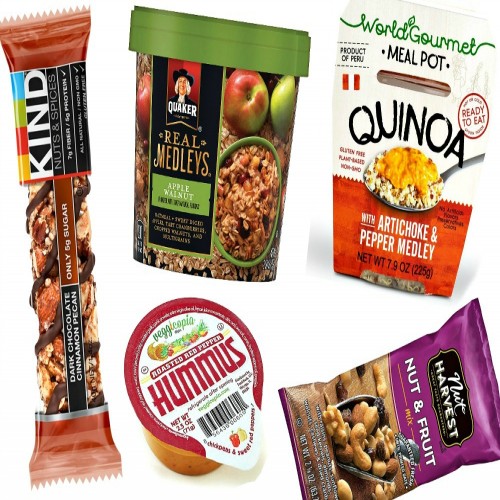
Some foods which you can carry in your carry-on luggage. For eg., cakes, nuts, protein bars, baby-foods, etc. in a limited amount.
Outdoor foods which you can take safely and which you need to avoid:
-
Safe to take: Sealed or boiled water, nuts, packed food, canned beverages, hot drinks like tea or coffee, hot food items, pasteurized milk in a sealed bottle, whole fruit (always wash it properly with drinking water before consuming), etc.
-
Needs to avoid: Tap water, prepared foods which are kept in room temperature for a long time like salad, noodles, pasta, etc., unpasteurized dairy products, prepared fruit juice, raw food items like vegetables, cut fruits, raw meat, street foods, seafood, ice-cream, ice-cubes, etc.
Points you need to keep in your mind:
-
Emergency medicines and first-aid box items:
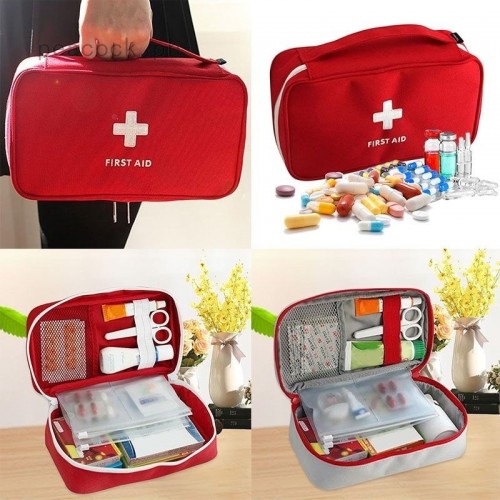
During travel, you may face very common health issues like diarrhea, fever, constipation, allergies, headache, cold, cough, abdominal cramp, motion sickness, nausea, vomiting, any type of injuries, etc. Therefore, when you are planning for any trip always consult with a doctor before your trip and carry some medicines for allergy, diarrhea, constipation, vomiting, abdominal discomfort, fever, cold & cough, etc. Don't forget to carry ORS (Oral Rehydration Solution) and First-aid box.
All of these are essential for emergency purposes. Along with this, if you take any special medicines for your health issues, don’t forget to carry it.
-
Personal hygiene:
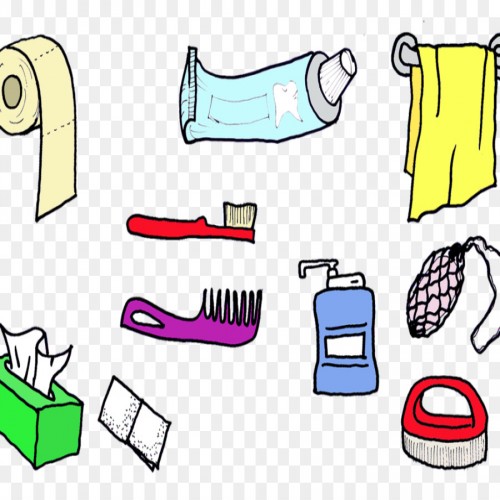
When you are traveling, maintain your personal hygiene. Otherwise, it may cause infectious diseases and can spoil your whole trip. So, be cautious about it and always wash your hands with soap before eating, cooking, and after going to the toilet. Always carry alcohol-based hand sanitizer which can help you to maintain your hygiene.
-
Drinking water:
 A very common query for almost every traveler during any trips is about “drinking water safety’’. This is because infected water can cause several health issues like diarrhea, vomiting, abdominal discomfort, etc. Many countries or cities are not advising to use tap water for drinking purposes.
A very common query for almost every traveler during any trips is about “drinking water safety’’. This is because infected water can cause several health issues like diarrhea, vomiting, abdominal discomfort, etc. Many countries or cities are not advising to use tap water for drinking purposes.
Not only water, but you also need to be aware of the instant preparing fruits juice or the use of ice-cubes or soda, etc. Always use the sealed bottled water and if you need to use tap water then boil the water or use purifier or filter and drink it. If you have a child on your trip always take special attention to her/his.
-
Food temperature:
If any prepared food is kept at room temperature for a long time, always avoid it as there is a huge chance of the growth of micro-organisms, which spread very rapidly and can cause food-borne illness. So, avoid those prepared food items which are kept in a “danger zone’’ (5°C -60°C). Take the food which is kept in a refrigerator (below the 5°C) or which food is instantly prepared for you and served hot.
-
Special care:

For children, pregnant women, and older people, special care is always be required for their food safety, personal hygiene, and health conditions. If you will be planning a trip with your child or a pregnant woman or older person, then always consult with a doctor to know what medicines you need to carry and what precautions you need to follow during the trip. Before confirming your trip, always be aware of the facilities and the limitation of your destinations.
Finally:
If you love to travel, then you always have a great chance to explore new cuisine in new places. The same ingredients are prepared in a different way in different cities, different states, different countries, and even in different cultures. You can explore different food items in a different way. Every place in the world has its own food culture and history. So, if your taste-buds love to explore the taste of different foods in different places, don’t hesitate. Your trip gives you a chance to do this. Just be aware of food safety and hygiene.
1. https://www.betterhealth.vic.gov.au/health/healthyliving/Food-safety-while-travelling
2. https://www.cntraveler.com/story/can-you-bring-food-through-airport-security?verso=true
3. https://www.smartertravel.com/food-safety-avoid-getting-sick-traveling/
4. https://www.who.int/topics/test/food_safety/safe_food_travel.pdf?ua=1










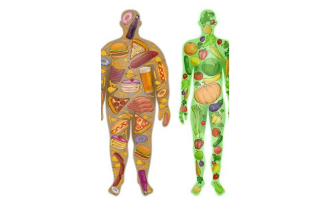

0 Comments